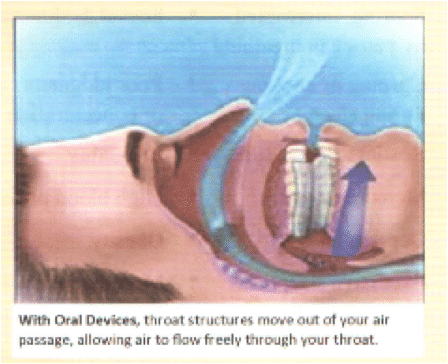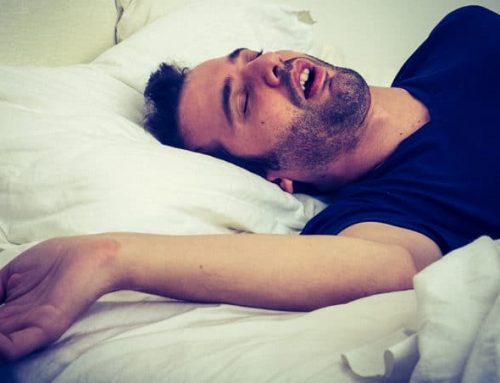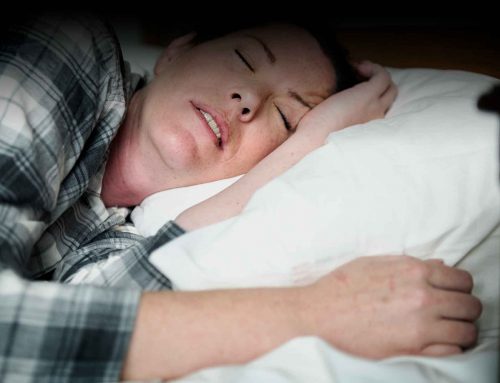Apnea is the Greek word for “without breath”, so sleep apnea is sleep without breathing. Sleep apnea is very common and often becomes more frequent as age increases. If an individual stops breathing during the night, oxygen levels in the body fall. If this continues to occur frequently, blood oxygen levels could plummet to serious health consequences. Therefore, sleep apnea should not be taken lightly and should be addressed by those affected. Fortunately, I can often treat mild to moderate sleep apnea at my San Diego practice.
Sleep Apnea has been associated with the below conditions:
- Excessive snoring
- Morning headaches
- Hypertension
- Heart disease
- Weight gain
- Traffic accidents
Sleep apnea is often diagnosed when an individual suffers from one of the above conditions, complains of excessive tiredness, or has specific oral signs. As dentists, we are often one of the first health providers to notice signs of sleep disorders due to influences on the mouth.
If you feel you are suffering from sleep apnea I recommend seeing your doctor for a diagnosis. Once diagnosed, I offer a variety of oral devices that can be utilized to minimize sleep apnea effects. Oral devices work similar to an orthodontic retainer. They are worn during sleep to help prevent soft throat tissue from collapsing and obstructing the airway. Here is a diagram depicting airflow with and without aide from an Oral Device.


If you are one of the many Americans that suffer from sleep apnea I encourage you to seek treatment. If you know you have this condition, please call my office today and schedule an appointment to get fitted for an oral device. We look forward to hearing from you and helping you through this!
About the author:
![]() This post was written by Dr. George Georgaklis. Dr. George is a cosmetic and orthodontic dentist in San Diego, CA. He loves to help his clients achieve beautiful smiles.
This post was written by Dr. George Georgaklis. Dr. George is a cosmetic and orthodontic dentist in San Diego, CA. He loves to help his clients achieve beautiful smiles.




